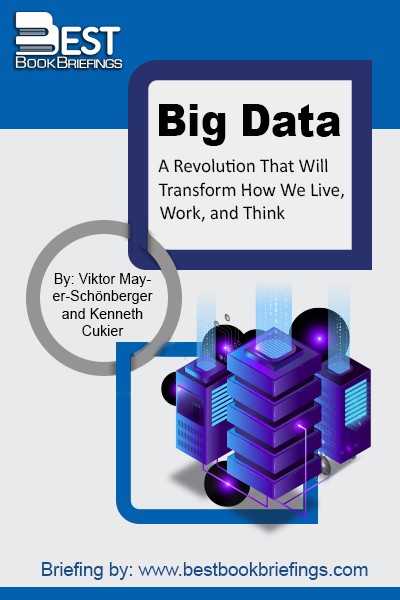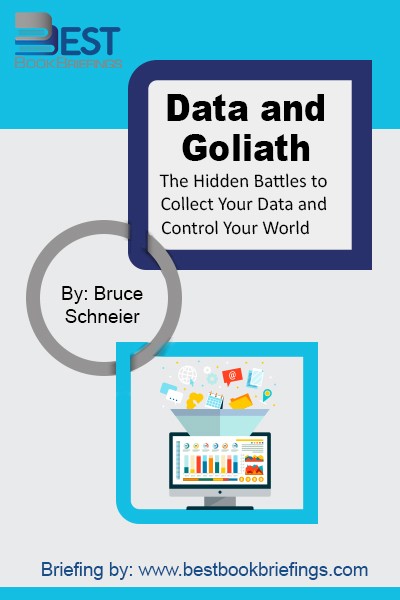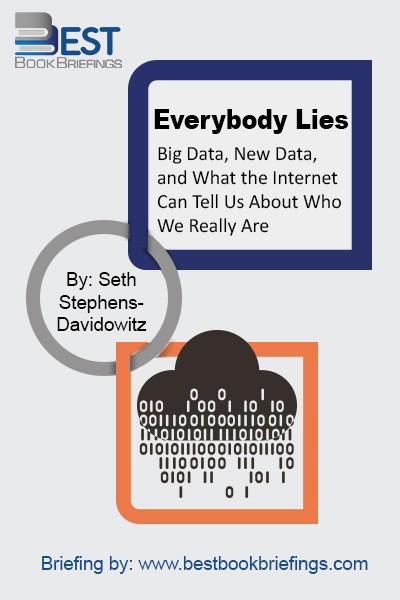Everybody Lies
Big Data, New Data, and What the Internet Can Tell Us About Who We Really Are
Number of pages: 352
Publisher: Dey Street Books
BBB Library: Psychology and Strengths, Technology and Globalization
ISBN: 978-0062390851
Editorial Review
Everybody Lies offers fascinating, surprising, and sometimes laugh-out-loud insights into everything from economics to ethics to sports to race, gender and more, all drawn from the world of big data. What percentage of white voters didn’t vote for Barack Obama because he’s black? Does where you go to school affect how successful you are in life? Do parents secretly favor boy children over girls? Do violent films affect the crime rate? Can you beat the stock market? Investigating these questions and a host of others, Seth Stephens-Davidowitz offers revelations that can help us understand ourselves and our lives better.
Book Reviews
Books on Related Topics

“Big data” refers to our burgeoning ability to crunch vast collections of information, analyze it instantly, and draw sometimes profoundly surprising conclusions from it. This emerging science can translate myriad phenomena—from the price of airline tickets to the text of millions of books—into searchable form and uses our increasing computing power

Every morning when you put your cell phone in your pocket, you’re making an implicit bargain with the carrier: “I want to make and receive mobile calls; in exchange, I allow this company to know where I am at all times.” In this book, we get to know about the here’s



